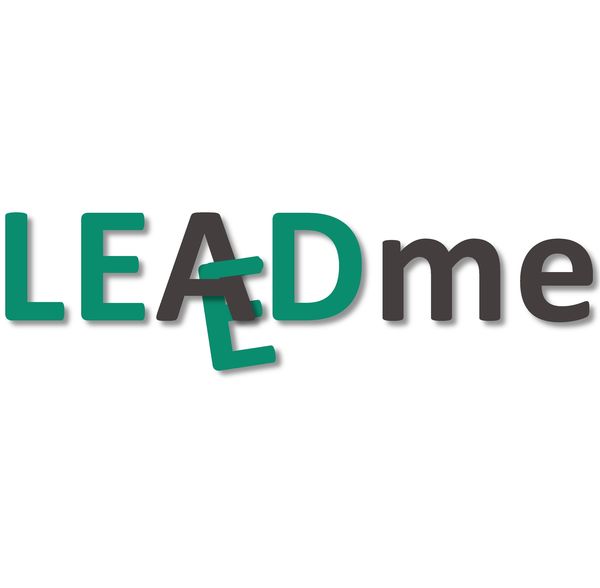
Forum quick links
Tools for demonstrating solar orientation
Homes-v2008 IDc1:Integrated project planningposted by Erica Downs on
Is anyone aware of any tools for demonstrating the east-west axis of the house is within 15 degrees of due east-west? Or do I need to bust out my protractor?
Can the water content in paint be considered regional?
NC-2009 MRc5:Regional Materialsposted by Maria Porter on
I got a question today that I wasn’t sure of the answer of: Paint contains a large part of water.
Building Area Method & Space-by-Space Method
NC-2009 EAp2:Minimum Energy Performanceposted by VICTOR MORENO on
Hello.
"Landscape = 5% of the total site area" Rule
NC-2009 WEc1:Water Efficient Landscapingposted by Peg Manuel on
I've seen a couple different comment threads on this, so I just want to make sure we're doing the right thing, as we have 5 points pending.
New addition to existing vs. MPR#2
NC-2009 MPR2:Must be a complete, permanent building or spaceposted by maartje van roosmalen on
Existing (all
base and subbase materials
ND-v2009 GIBc15:Recycled content in infrastructureposted by LEEDme Lorenzi on
Road embankment and roadbed must be counted as base and subbase materials? Or only foundation slab and screed? Thank you Strategie
Lack of Documentations of Scrap Traders
NC-2009 MRc2:Construction Waste Managementposted by Abdulrahman Sherazy on
In developing countries like Egypt the construction waste management is performed by small traders buying scraps from the contractors to resell it to factories and manufacturers for recycling.
Expansion area
NC-2009 WEc1:Water Efficient Landscapingposted by Gustavo De las Heras Izquierdo on
Our LEED Project Boundary includes a future expansion area. This area has grown native species naturally. Can this vegetated area be counted towards this credit?
IDC Materials & Resource Calculator - Latest from USGBC??
CI-2009 MRc4:Recycled Contentposted by James Keohane on
I need help identifying what the latest acceptable( to Reviewers) M&R Calculator is for CI. The latest I can find from USGBC Is "IDC Materials and Resources Calculator (June 2012)" .











